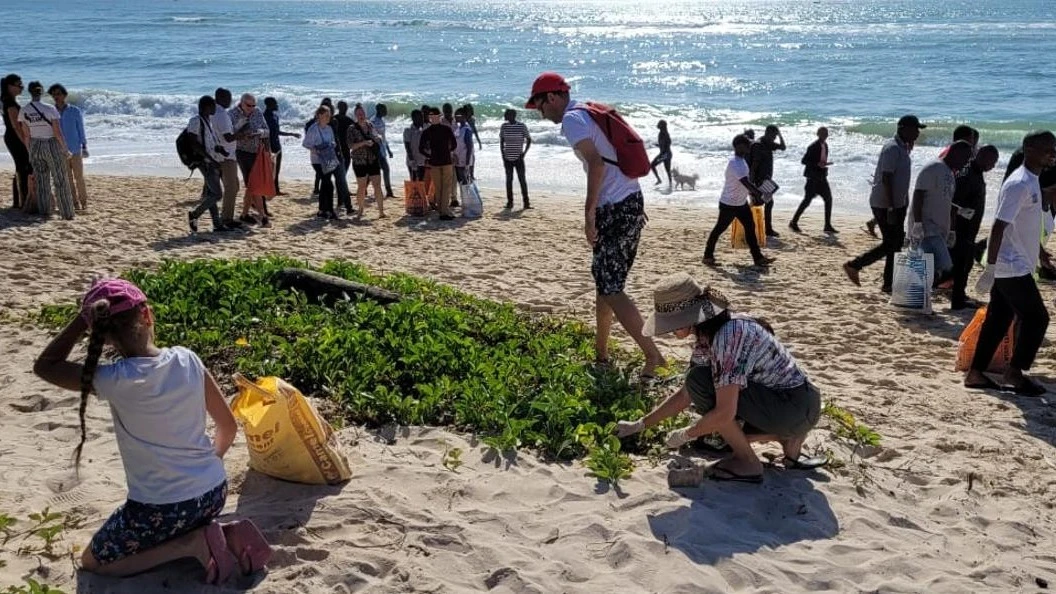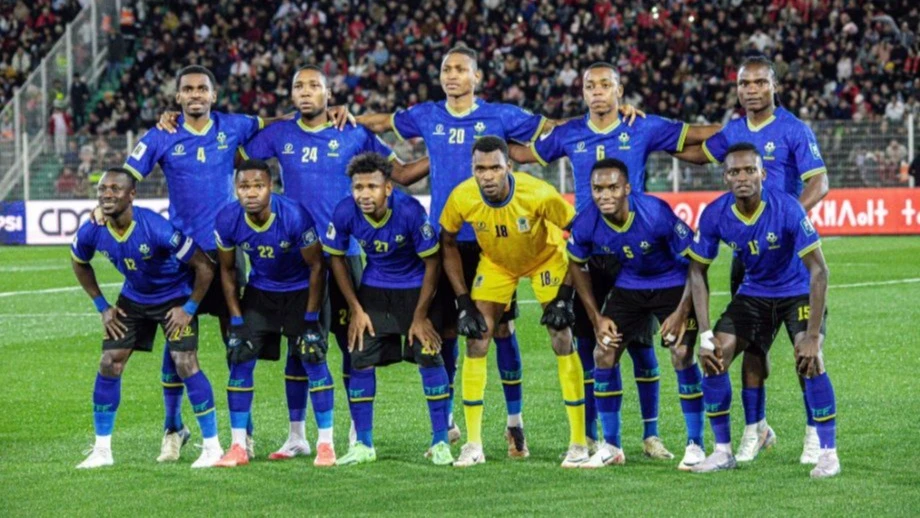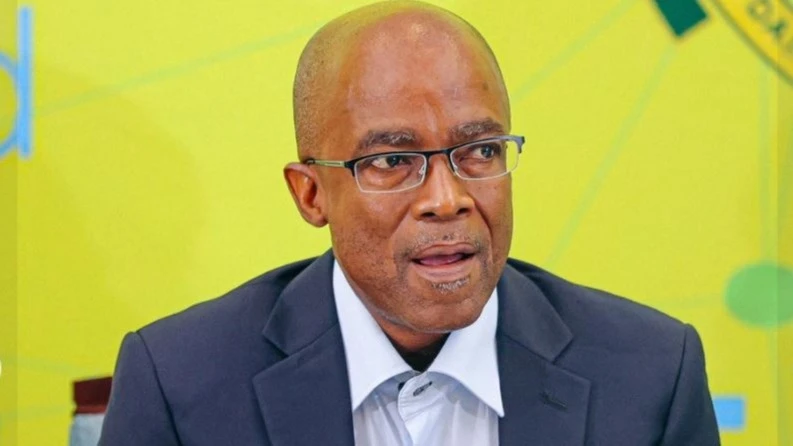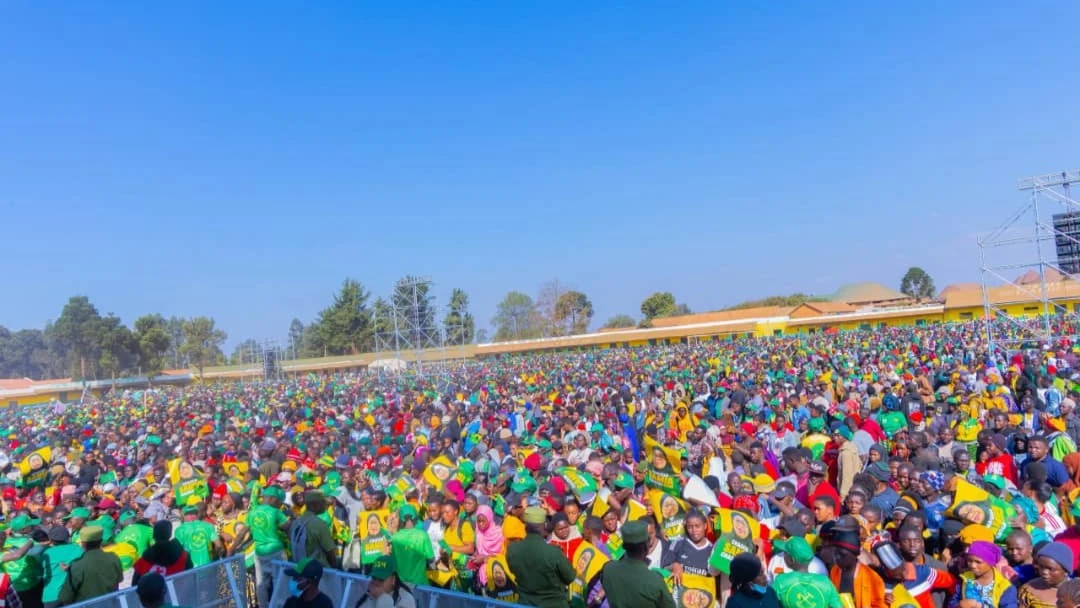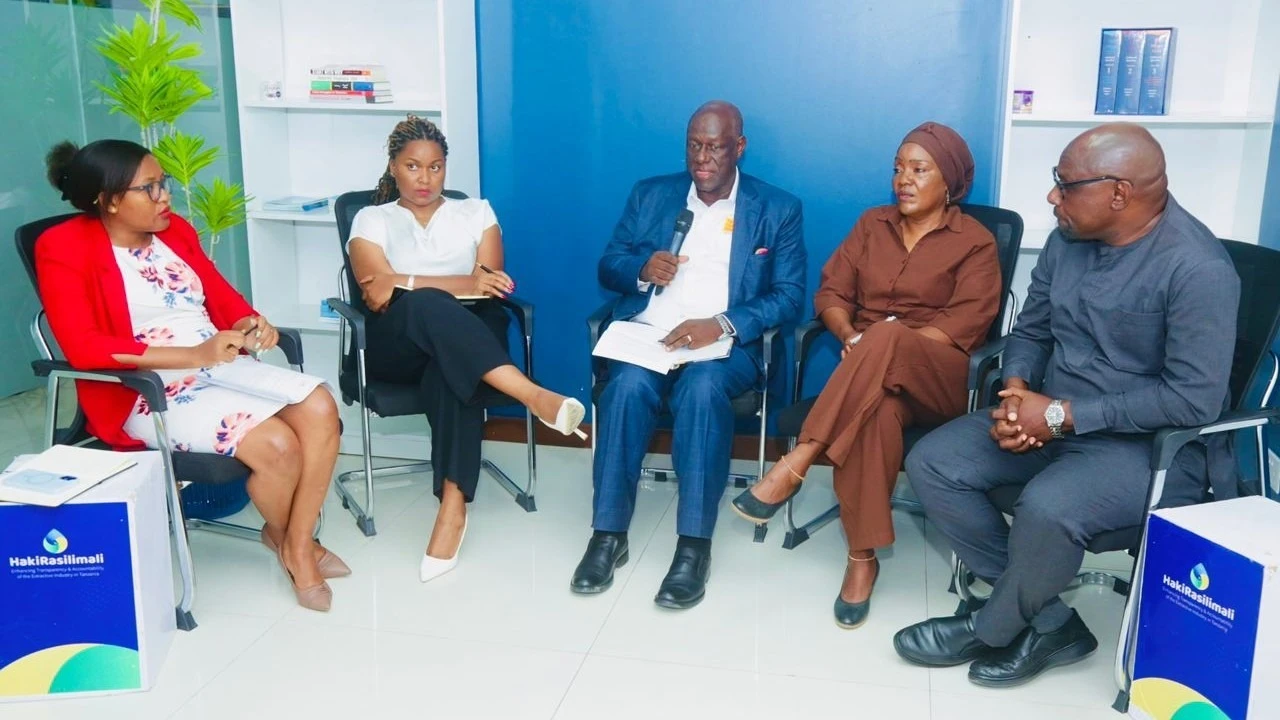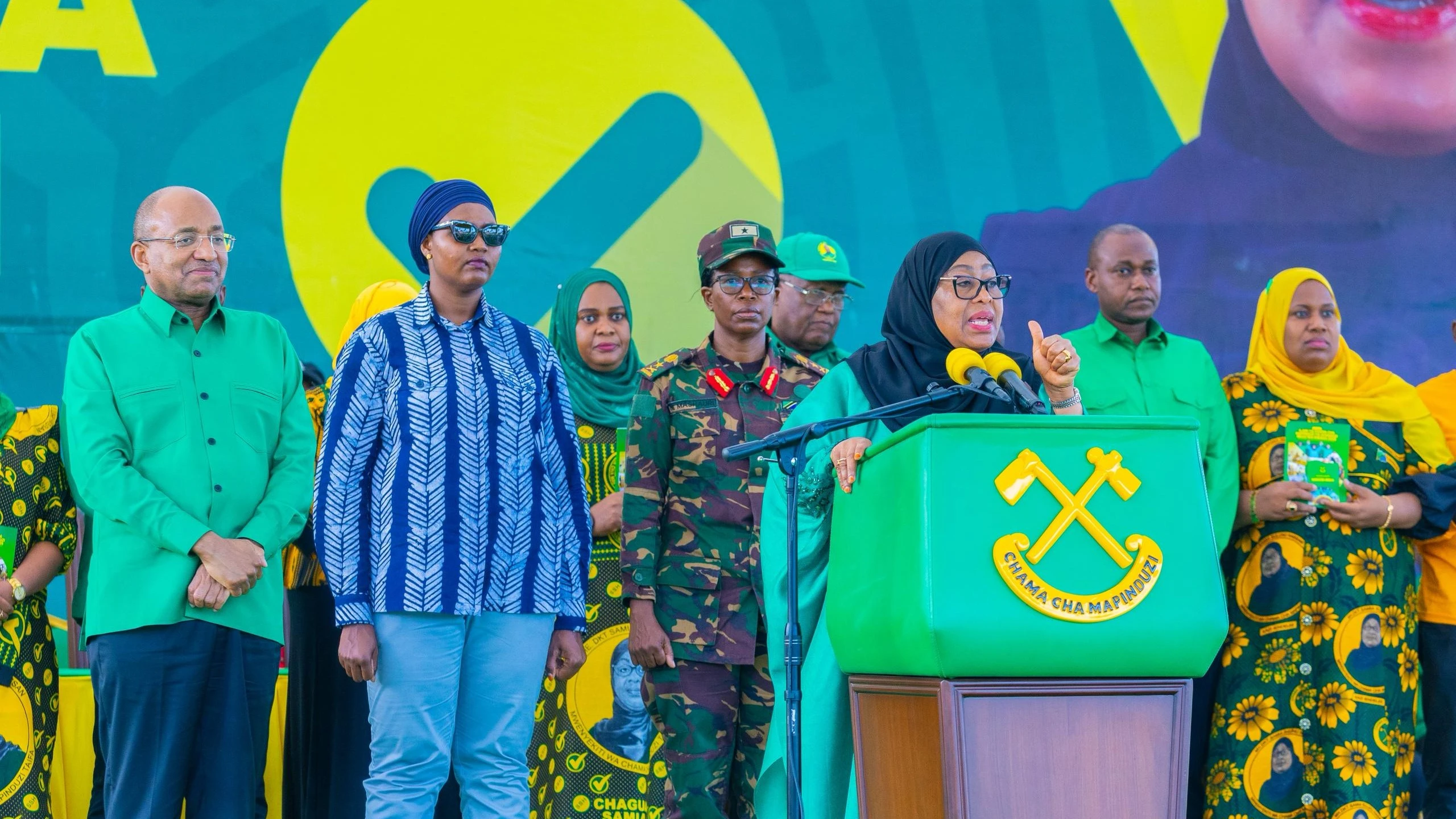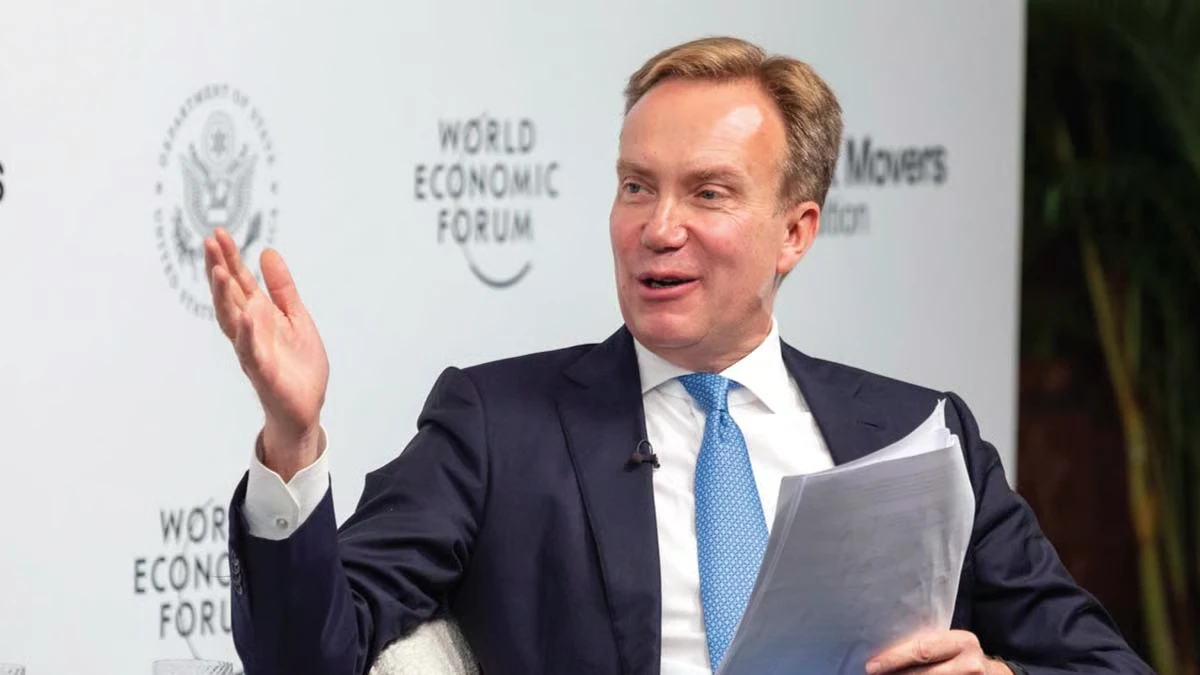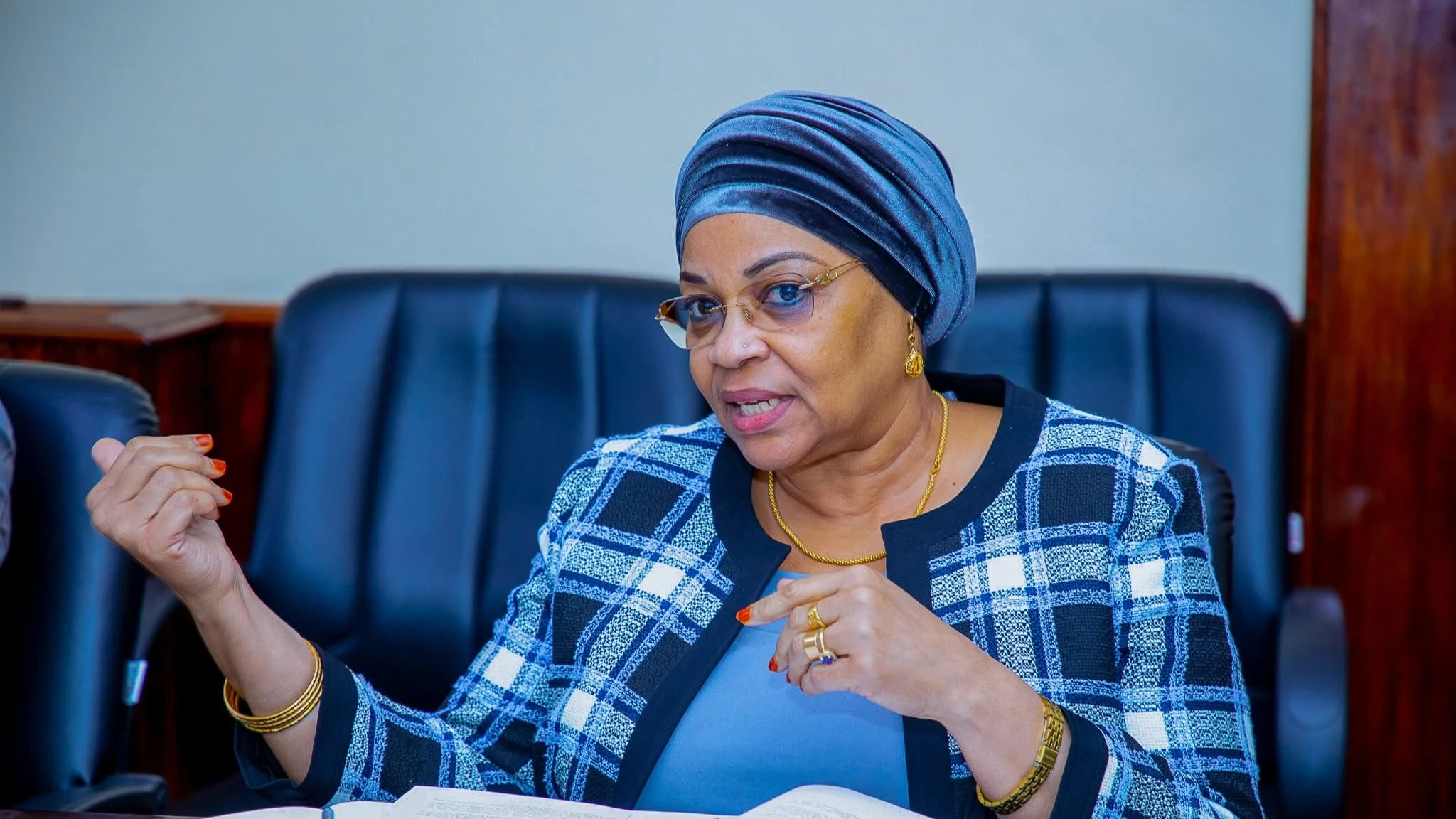Southern highlands pin hopes on Samia’s rural development pledges
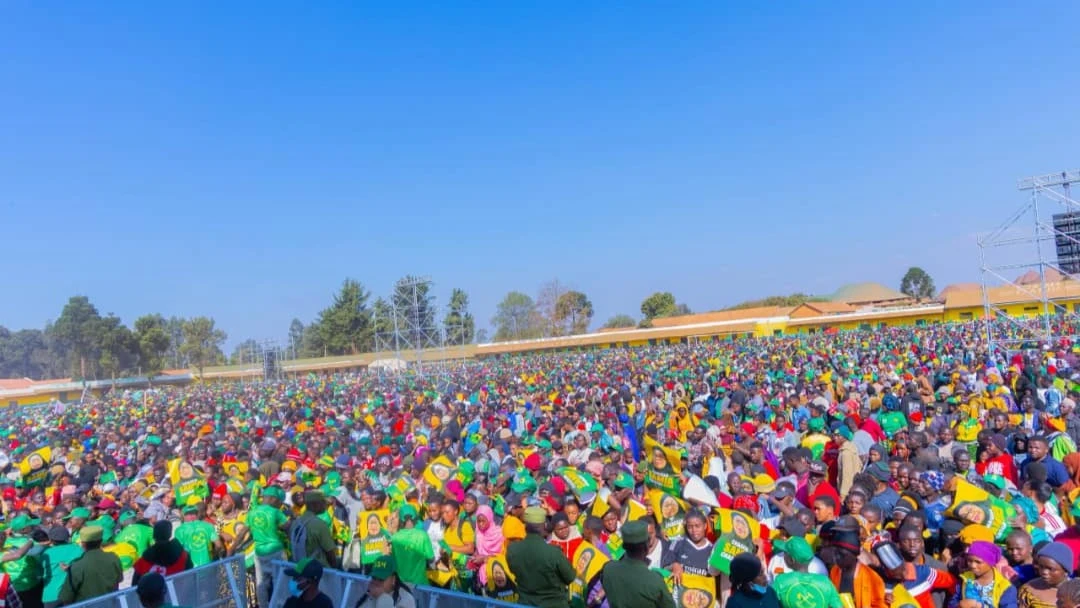
THE fertile valleys of Tanzania’s Southern Highlands are famous for their rolling maize fields, vast avocado orchards, banana plantations, potato farms, and thriving livestock herds.
In the regions of Mbeya, Songwe, Njombe, and Iringa, farming is more than an occupation – it is the backbone of household income, food security, and regional trade.It is also where CCM presidential candidate Samia Suluhu Hassan has laid out an ambitious agenda to uplift rural communities through investments in agriculture, water, health, infrastructure, and clean energy.
Addressing rallies in the regions recently as part of the ongoing election campaigns, Samia reaffirmed her commitment to support smallholder farmers, who make up more than 80 per cent of the rural population. “Farmers are the ones feeding our nation,” she said. “That is why we are giving subsidised fertiliser and seeds.
I urge all farmers to continue registering to benefit – and remember, these inputs are meant for farming, not resale.”Already, more than 110,000 farmers in Mbeya Rural have been registered, with many reporting higher yields. In Njombe, a hub for potato and maize, farmers say the subsidies have eased a long-standing burden.“I used to buy a bag of fertiliser at 120,000/-.
Now, with the subsidy, I pay almost half,” said Michael Simon, a farmer from Njombe. “Last season my harvest doubled, and I managed to send my daughter to secondary school. This is the kind of support we need to keep farming.”In Utengule, Mbeya, a modern slaughterhouse is being developed to improve the quality of meat for domestic and international markets. Samia told residents the initiative would open new doors for livestock keepers in Songwe and Iringa, who often struggle to sell animals at fair prices.“
The global demand for quality meat is very high. Tanzanians must take this opportunity,” she said, noting that vaccination campaigns are improving livestock health.For Amina Kweka, a livestock keeper from Vwawa, Songwe, the news is welcome. “For years we sold cattle at throw-away prices to brokers. If this slaughterhouse works as planned, our meat can reach bigger markets, and we can earn more for our families,” she said.Samia also highlighted the role of water in sustaining rural economies.
The 119bn/- Kiwira water project, now 45 per cent complete, is expected to supply safe water to communities across Mbeya. Smaller rural schemes – including a 4.8 billion/- project in Mbeya Rural and 8.9 billion/- in nearby wards – are easing the struggle for households and farms.In Iringa District, farmer Grace Mtitu described water access as life-changing: “Before the new borehole, I walked two hours to fetch water.
Now I use that time in my vegetable garden. My children are healthier because they drink clean water.”Development in the Southern Highlands is also being felt through social services. In Mbeya Rural alone, the past four years have brought a new hospital, six health centres, and ten dispensaries – valued at 6 billion/-. Across Iringa and Njombe, school infrastructure has expanded, with billions invested in classrooms and teachers’ houses.“This is the first time our ward has its own dispensary,” said Revocatus Shayo, a community leader in Njombe.
“When people are healthy, they farm better, children attend school, and families prosper.”Alongside farming, Samia has tied her campaign to expanding rural enterprise. A total of 3.5 billion/- in council loans has already been disbursed to women, youth, and people with disabilities in Mbeya, while across the four regions 171 groups have accessed the 10 per cent loan scheme to launch agribusinesses.Former MP Sophia Mwakagenda praised the progress but urged women to remain active in decision-making.
“For over 30 years, women have pushed to be heard in politics and development. This is our moment – we must vote and ensure our voices count,” she said.In Songwe’s Tunduma, Neema John, a small-scale trader, said the loans were empowering. “With the loan I started a poultry project. Now I sell eggs to nearby schools and earn steady income. If we continue getting such support, rural women will not be left behind.”Infrastructure is another central part of Samia’s rural pledge.
Rehabilitation of the 52km Umalila road and the 22km Isonde–Kikonde road linking Mbeya and Njombe is expected to ease transport of crops and livestock, reducing post-harvest losses and accidents.Ezekiel Msigwa, a lorry driver in Iringa, thanked the government for road projects but noted gaps.
“During the rains, trucks get stuck, crops rot in the fields, and farmers lose money. If these roads are improved, food will reach markets faster and cheaper,” he said.Clean cooking is another pillar of rural development.
Across Mbeya, Njombe, and Iringa, households are increasingly turning to gas, replacing firewood and charcoal. Samia said the shift was protecting forests while improving health.For Maria Mbilinyi in Makambako, Njombe, the benefits are clear: “I no longer spend hours collecting firewood. My kitchen is smoke-free, and I have more time to farm.”Prof. Palamaganda Kabudi, CCM election zonal coordinator for the Southern Highlands, described the region as a model of how agriculture, infrastructure, and health investments can transform livelihoods.
“From Santiria Health Centre in Mbeya to expanded potato farming in Njombe, we see real change,” he said.CCM Secretary General Dr Asha-Rose Migiro urged unity, while local chiefs cautioned against social media provocations that could disrupt peace during the election period.
Top Headlines
© 2025 IPPMEDIA.COM. ALL RIGHTS RESERVED











